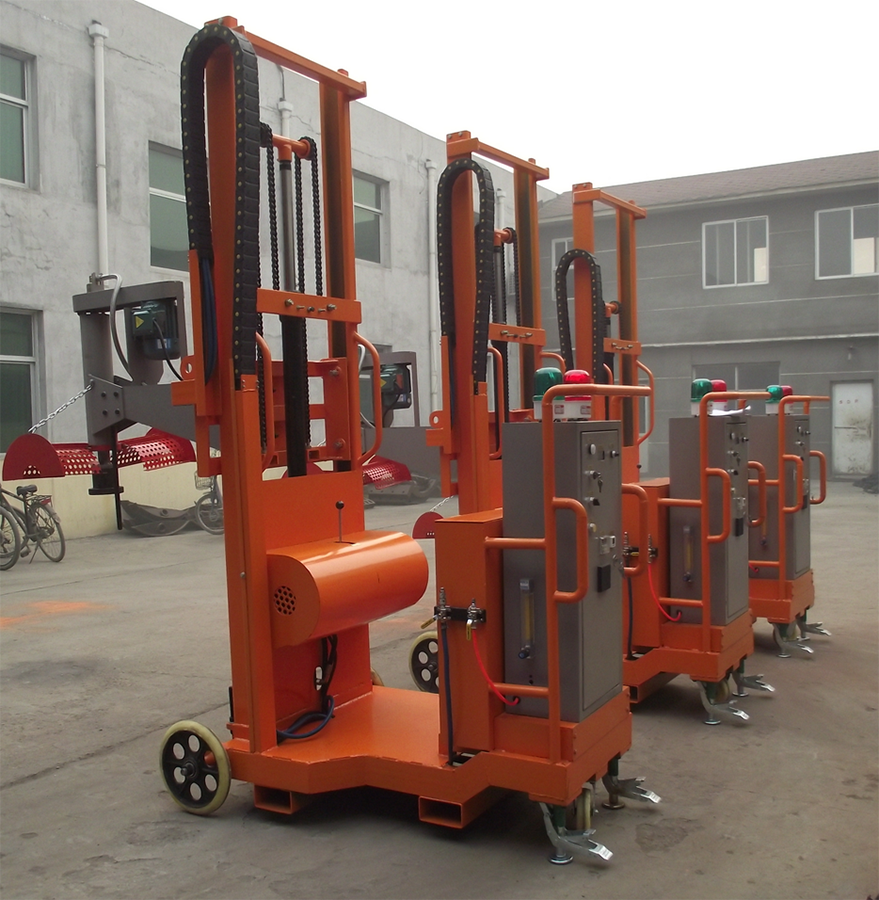
9 月 . 23, 2024 18:53 Back to list
Understanding Ferrous Shredders A Key Component in Metal Recycling
Ferrous shredders play a pivotal role in the recycling industry, particularly in processing ferrous metals, which are primarily made up of iron. As industrialization progresses and the demand for recycled materials grows, understanding the function and importance of ferrous shredders becomes essential.
Ferrous shredders are specialized machines designed to break down large pieces of ferrous metal scrap into smaller, more manageable sizes. This is usually necessary for materials such as scrap cars, appliances, and other iron-based materials that need to be processed before they can be recycled. The shredding process facilitates a more efficient sorting of materials, allowing for higher yields of recoverable metals while minimizing contamination with non-ferrous items.
The operation of a ferrous shredder involves several stages. Initially, the scrap metal is fed into the machine, where it is then subjected to a heavy-duty shredding mechanism. This mechanism typically comprises powerful hammers that rapidly rotate, striking the metal scrap and reducing it to smaller fragments. The size of the output can vary depending on the machine's design and the requirements of the recycling facility. After shredding, the material usually goes through magnetic separation to extract ferrous components from non-ferrous materials, ensuring that only clean metal is sent for further processing.

One of the main advantages of utilizing ferrous shredders is the efficiency they bring to the recycling process
. Traditional methods of metal recycling often involve manual labor and time-consuming sorting techniques. However, with shredders in place, the process is not only faster but also more consistent, able to handle large volumes of scrap metal with minimal human intervention. As a result, many metal recycling facilities have integrated shredders into their operations to keep pace with the ever-increasing demand for recycled materials.Moreover, the environmental benefits of using ferrous shredders cannot be overstated. Recycling metal significantly reduces the need for virgin resources, thereby conserving natural resources and minimizing the environmental impact associated with mining and extraction processes. By efficiently shredding and recycling ferrous metals, businesses can contribute to a circular economy, where materials are continuously reused instead of disposed of in landfills.
However, the market for ferrous shredders is not without challenges. Operators must ensure that shredders are properly maintained to avoid costly downtimes. Additionally, fluctuations in metal prices can impact the profitability of recycling operations, making it essential for recyclers to stay informed about market trends.
In conclusion, ferrous shredders are crucial equipment in the metal recycling industry, enhancing efficiency and supporting environmental sustainability. As technology advances, the capabilities of these shredders continue to improve, paving the way for more effective recycling practices. The role of ferrous shredders in the broader context of waste management and resource recovery underscores their importance in creating a more sustainable future. Embracing these machines not only helps businesses thrive but also contributes to a healthier planet for generations to come.
Latest news
Unveiling the Power of Eddy Current Separator
NewsSep.25,2024
Transform Your Home Recyclin:home metal shredder
NewsSep.25,2024
The Future of Waste Management with Recycling Line Picker
NewsSep.25,2024
The Benefits of a Metal Recycling Plant
NewsSep.25,2024
Revolutionize Material Separation with Onwang Technology
NewsSep.25,2024
Innovative Waste Management: Unveiling the MSW Sorting Plant
NewsSep.25,2024